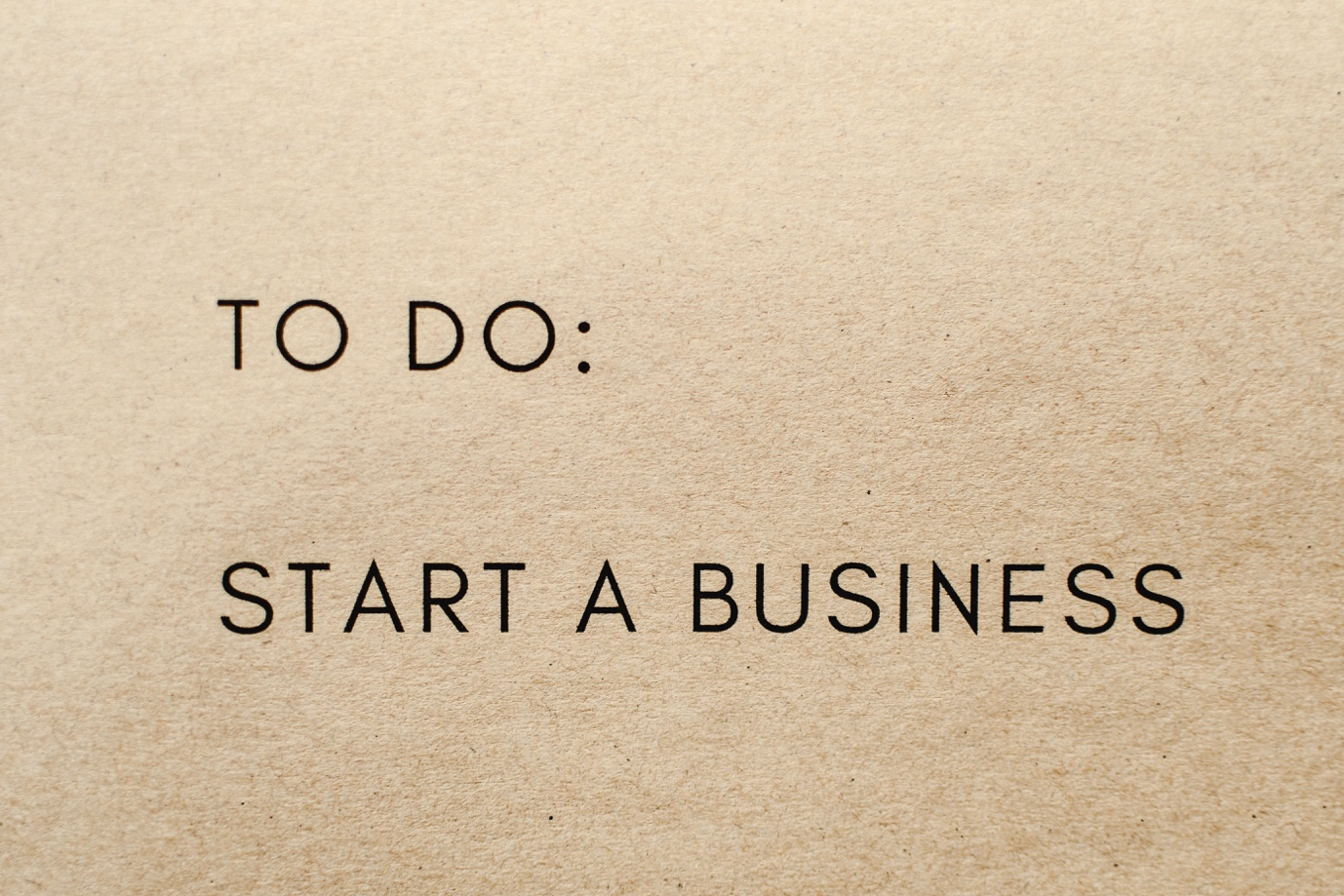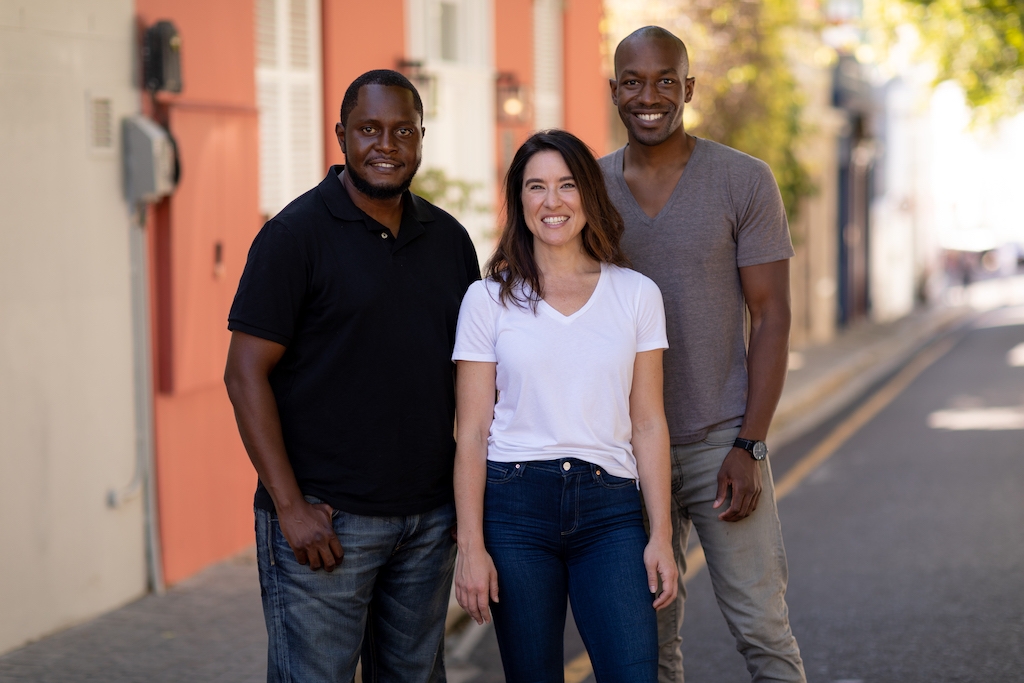By Catherine Wijnberg
One of the questions I am most frequently asked is: “How can I get funding to start my business?” Today’s Google search will give you 340 million answers to this question. But if it’s just one good answer you need, this one might help.
The reality is that most new businesses start with very little money. I started Fetola from my dining room with one laptop and an idea. Similarly, Microsoft founder Bill Gates, Apple founder Steve Jobs and South African whizz kids Elon Musk and Mark Shuttleworth all started globally successful businesses from their garages, relying mainly on their skills and hard labour and some help from friends and relatives.
Closer to home, Helena van der Westhuizen from Simply Bee, South Africa’s fast-growing, natural skincare company, developed a lip balm in her braai room at home using a by-product of the bees she inherited from her father. The solution arose from her need for products that cater to her susceptible skin.
Since then, she has built a business by selling these skincare products at local markets, using face-to-face customer feedback to create better products and carve a market for herself. Now, nine years later, Simply Bee – a family-run business – employs 22 people and sells 90 products. Not bad for a company that started mixing effects in the braai room at the back of the house!
It is also possible to start a service business with a limited budget. The starting point is to identify a market, in other words, something people need and will pay for. If you look at Helena’s example, she met her need for natural skin care products, tested them on friends and family, and then slowly reached out into local markets and built upwards from there. Family, friends, or church communities are great starter markets for small businesses.
Not yet convinced? If you see a demand for a transport service, you could create a solution by finding your first client, then finding someone with a vehicle and putting them together for a small fee. In essence, this is what Uber is – they are the matchmaker in the middle and don’t own a single car.
Similarly, if fashion is your thing, you could help someone choose or create a design, assist them in buying the suitable fabric and then outsource to a seamstress for a small fee. You could do the same with cakes, parties, and cleaning services. Just last week, a budding entrepreneur shared a model for fresh oranges where he is the matchmaker between the foreign truckers wanting them and the farmers selling them. The opportunities for service businesses are almost endless, and once you have something that works, you can refine and improve it until you have built yourself a company of real value.
If you think that this way of starting a business seems long and hard work, you are right. The reality, though, is that most successful companies are just like that – the difference is that if this is your passion, it won’t feel like hard work at all; it will feel like a miracle is unfolding right there in your dining room, your garage or the shack at the back.
So to be clear, nowhere in the world is it easy for people to get money for their first business idea. Most people’s first ideas are just a trial run for the real thing, which is why it’s so important just to get started. Encourage your kids to try a business adventure while still at school so they (and you) can get used to the idea of little failures along the way, which are just the lessons you need to succeed in the future.
Investors and funders are looking for businesses to put their money into, but first, they want to see your track record, feel confident that you know what you are doing, and are a reasonable investment risk. For this reason, a complete financial history of your early business journey is essential to use as evidence. Once you have proven your business model and shown your determination and business skills, the money for growth finance will be easier to obtain.
One day your idea will be listed on the international stock markets just like those other garage start-ups, and once that happens, there will indeed be a pot of cash waiting to fund every new idea you come up with!
Fetola is a leading provider of scalable, world-class entrepreneurial support programmes that deliver lasting social, environmental and economic impact. Their goal is to grow the economy, create inclusive wealth and generate jobs by helping people build businesses that last. This is achieved by providing proven business strategy, systems and support, while unlocking the personal leadership power of entrepreneurs who are inspired to leave a lasting legacy.
They are best known for their four accelerator programmes: Youth Startup Accelerator, Circular Economy Accelerator, the Social Entrepreneurship Impact Lab and the SAB Foundation Tholoana Programme. Each one of these programmes has been represented by a business mentioned in the article. For more information, visit https://fetola.co.za/




